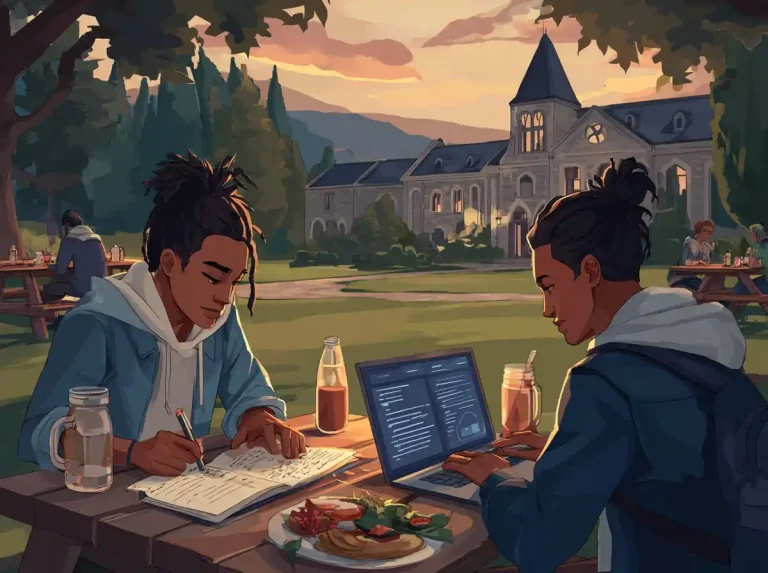Understanding the Influence of Gaming Slang on Māori Language
Gaming slang is a specialized set of terms that emerge from the gaming community, often evolving rapidly and reflecting in-group culture and shared experiences. When these terms intersect with the Māori language, they create a hybrid linguistic space that connects traditional heritage with modern technology and entertainment.
The Significance of Māori Language in Modern Gaming Culture
The Māori language (te reo Māori) is an official language of New Zealand and a symbol of identity for the Māori people. Incorporating gaming slang into te reo Māori serves multiple purposes:
- Cultural Relevance: It keeps the language vibrant and relevant to younger generations who engage with global gaming culture.
- Language Revitalization: Infusing contemporary slang helps revitalize te reo Māori by encouraging usage in informal, popular contexts.
- Community Building: Shared slang terms foster a sense of belonging within Māori gamers and the wider gaming community.
Common Māori Gaming Slang Terms and Their Meanings
Māori gamers often blend traditional language with English slang or create unique Māori equivalents for popular gaming terms. Below is a list of common gaming slang in Māori, highlighting their meanings and usage:
1. Whakatangata (Player)
Derived from “whaka-” (to cause) and “tangata” (person), this term directly translates to “player.” It’s used to refer to gamers in general.
2. Pakanga (Battle/Fight)
Used to describe combat or battle sequences within games, “pakanga” relates to conflict or struggle, essential in many gaming genres.
3. Hākinakina (Competition/Sport)
Originally meaning “sport” or “competition,” this term extends naturally to competitive gaming or esports.
4. Rōpū Tākaro (Gaming Clan/Team)
“Rōpū” means group or team, and “tākaro” means play or game, together referring to gaming clans or teams.
5. Kōrero Rorohiko (Chat/Communication)
Literally “computer talk,” this refers to in-game chatting or communication among players.
6. Peke (Jump)
Commonly used in platformer games, “peke” describes jumping actions.
7. Tūpono (Chance/Luck)
Used to indicate randomness, luck, or chance events within games.
8. Whakamate (Kill)
Directly translating to “to kill,” it’s used to describe defeating opponents.
The Role of English Loanwords in Māori Gaming Slang
While te reo Māori has its own rich vocabulary, English loanwords play a significant role in gaming slang due to the global dominance of English in technology and entertainment. Many Māori gamers incorporate English terms, sometimes adapting pronunciation or spelling to fit Māori phonetics. Examples include:
- “Gaimu” – Game
- “Pikitia” – Picture, used for screenshots
- “Pūhiko” – Battery (sometimes used metaphorically for energy or stamina)
This linguistic blending enables Māori speakers to discuss gaming concepts that might not yet have established equivalents in te reo Māori, while also encouraging language evolution.
How to Learn Māori Gaming Slang Effectively
For gamers and language learners interested in mastering Māori gaming slang, here are some effective strategies:
1. Use Language Learning Platforms like Talkpal
Talkpal offers interactive lessons, community engagement, and real-time conversations that help learners grasp both traditional Māori and contemporary slang, including gaming terms.
2. Participate in Māori Gaming Communities
Joining Māori-focused gaming groups on platforms such as Discord or Facebook allows learners to experience slang in context, practice communication, and receive feedback from native speakers.
3. Watch Māori Content Creators and Streamers
Following Māori gamers on Twitch or YouTube provides exposure to slang usage, pronunciation, and cultural nuances embedded in gaming conversations.
4. Practice with Māori Language Resources
Consult dictionaries, glossaries, and online repositories dedicated to te reo Māori gaming vocabulary to build a solid foundation.
Examples of Māori Gaming Slang in Sentences
Understanding slang is easier when seen in context. Here are some example sentences incorporating Māori gaming slang terms:
- “He pai te rōpū tākaro nei, he maha ngā whakakotahitanga.” — This gaming team is good; there’s a lot of teamwork.
- “I whakamate au i te kaiwhakatangata i te pakanga whakamutunga.” — I killed the player in the final battle.
- “Me kōrero rorohiko tātou kia pai ake ai te mahi tahi.” — We should chat to improve teamwork.
- “He tino hākinakina tēnei kēmu, ā, me tūpono hoki.” — This game is very competitive, and also involves chance.
These examples illustrate how Māori gaming slang can be seamlessly integrated into everyday gaming conversations.
Challenges and Future Prospects of Māori Gaming Slang
Despite the positive integration of gaming slang into Māori, several challenges remain:
- Standardization: Due to the informal nature of slang, there is a lack of standardized terminology, which can cause confusion.
- Resource Availability: Limited educational materials focus specifically on Māori gaming slang.
- Language Preservation: Balancing modern slang with the preservation of traditional language forms requires careful consideration.
Looking forward, the continued growth of the gaming community and language learning platforms like Talkpal can foster a more structured and widely accepted corpus of Māori gaming slang. Collaboration between linguistic experts, gamers, and educators will be crucial for this development.
Conclusion
Gaming slang in the Māori language exemplifies the dynamic and evolving nature of language as it adapts to new cultural phenomena. By blending traditional Māori with contemporary gaming vocabulary, speakers enrich the language and engage younger generations in meaningful, culturally relevant ways. Learning platforms such as Talkpal provide invaluable tools for mastering this unique linguistic blend, offering an immersive environment to explore te reo Māori within the exciting context of gaming. As Māori gaming slang continues to grow, it promises to strengthen cultural identity while connecting Māori speakers to the global gaming community.










